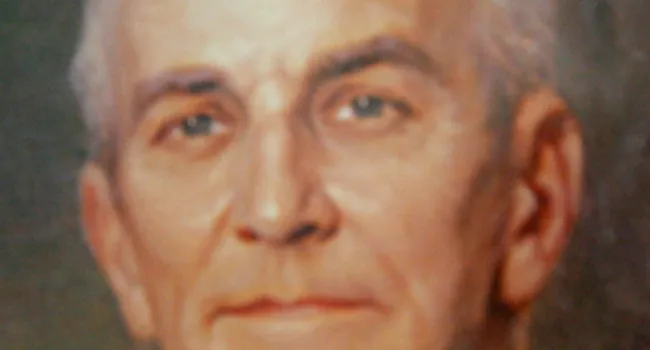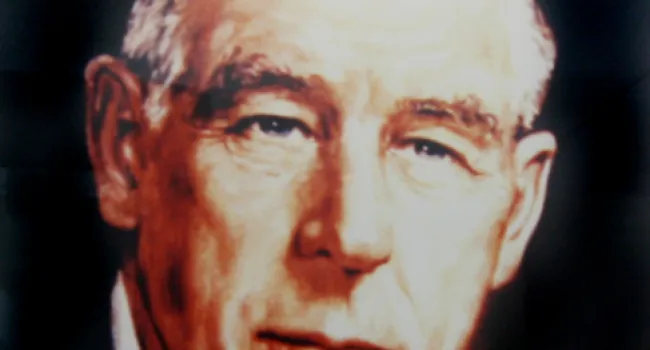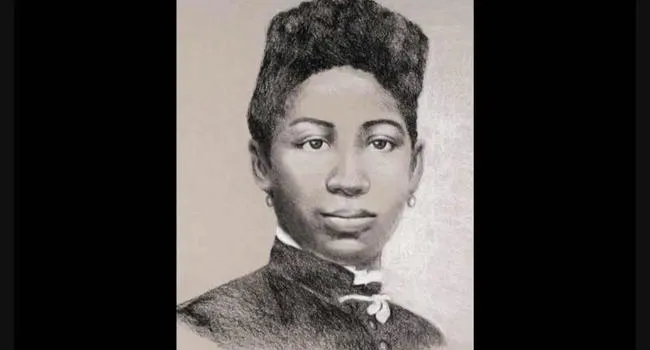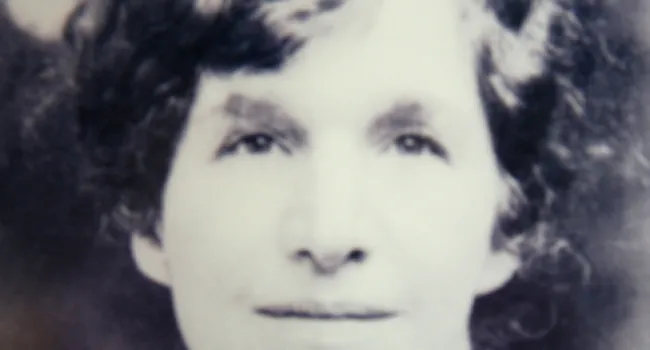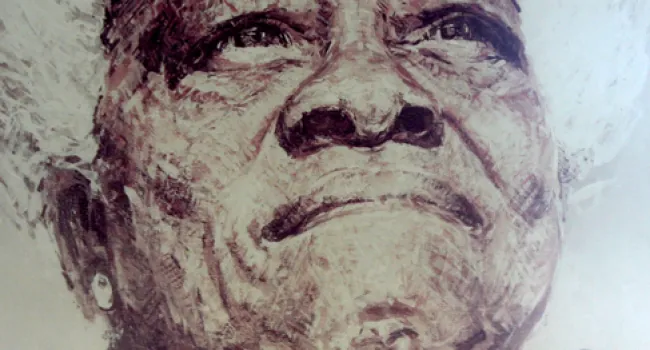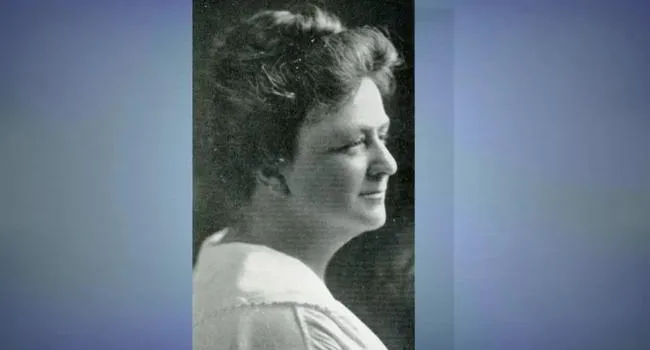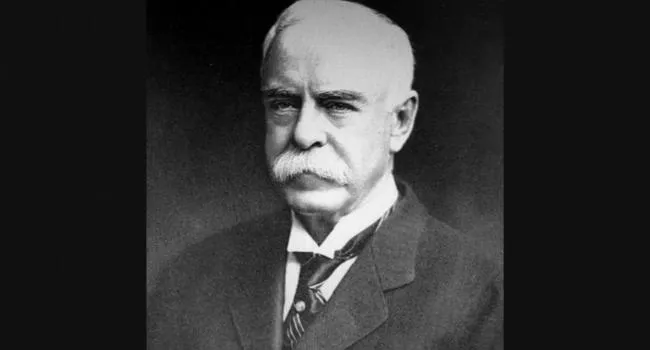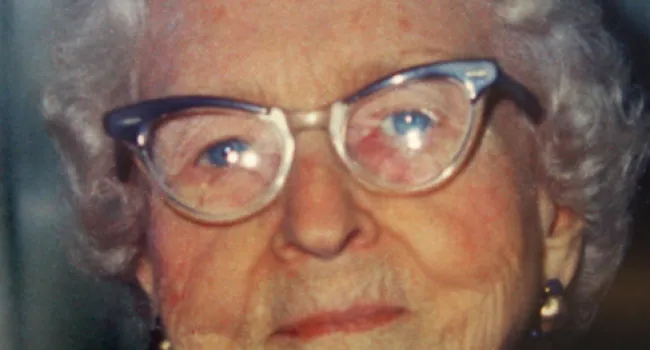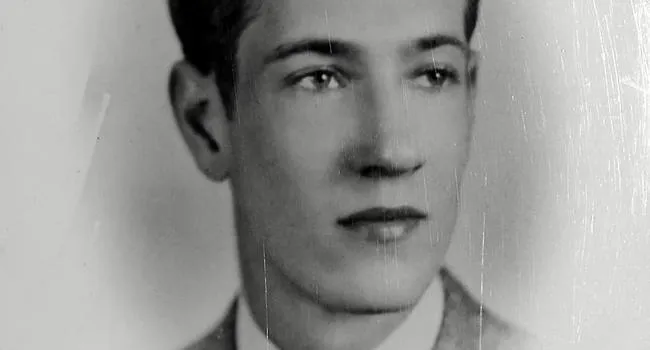Bernard Mannes Baruch was by all accounts one of the most famous and influential Americans of his era -- and certainly one of the wealthiest. Born in South Carolina in 1870, Baruch was a governor of the New York Stock Exchange by the age of thirty-three, amassing millions as a self-described "speculator." But by the time he was in his mid-forties he began to feel discontented with a life devoted to making money, and he sought ways that he could use his expertise in finance to benefit social and economic policy.
For the next fifty years, from World War I through Vietnam, Bernard Baruch worked to influence politicians and public opinion, serving as advisor to five presidents. He was Chairman of the War Industries Board in Woodrow Wilson's administration, a friend and counselor to Churchill and FDR, and the American representative on the United Nations Atomic Energy Commission; he was a major philanthropist to many causes, including the Democratic Party, Bellevue Hospital and his alma mater, the City College of New York.
Beginning with a Southern Jewish family in the violent years of Reconstruction, the Baruch story moves through the golden era of the Stock Exchange, two World Wars, the emergence of the atom bomb and the Cold War. It serves as a window into the New Freedom policies of Woodrow Wilson; the Treaty at Versailles and the League of Nations; FDR and the New Deal; and the development of the Atomic Energy Commission.
Standards
- 7-4 The student will demonstrate an understanding of the causes and effects of world conflicts in the first half of the twentieth century.
- 7-5 The student will demonstrate an understanding of international developments during the Cold War era.
- 8-6 The student will demonstrate an understanding of the role of South Carolina in the nation in the early twentieth century.
- 8-7 The student will demonstrate an understanding of the impact on South Carolina of significant events of the late twentieth and early twenty-first centuries.
- Changes that took place in the United States during the late twentieth and early twenty-first centuries revitalized the economy and challenged traditional society and politics in South Carolina. To understand the response of South Carolina to these ch...
- 8-7.1 Compare the social and economic impact of World War II and the Cold War on South Carolina with its impact on the rest of the United States, including the increases in the birth rate; the emergence of the consumer culture; the expanding suburbaniz...
- 8-7.4 Summarize key economic issues in present-day South Carolina, including the decline of the textile industry, the state’s continuing right-to-work status, the changes in agricultural emphasis, the growing globalization and foreign investment,...
- Changes that took place in the United States during the late twentieth and early twenty-first centuries revitalized the economy and challenged traditional society and politics in South Carolina. To understand the response of South Carolina to these ch...



